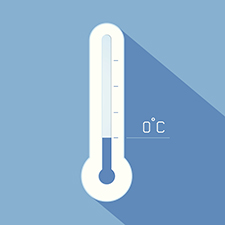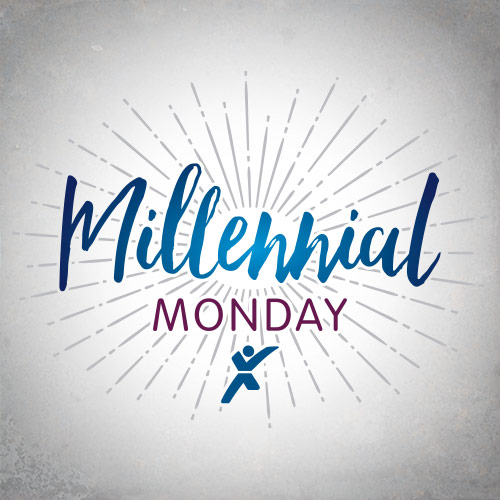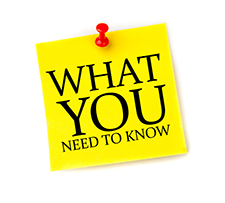How to bounce back from a bad interview and build confidence.
 It’s perhaps the most nerve-wracking aspect of the job search. You submitted your resume and got the call. It’s time to meet for an interview, and you’re wondering what to do next.How do you prepare yourself with the necessary confidence to be successful in this important moment in your career?
It’s perhaps the most nerve-wracking aspect of the job search. You submitted your resume and got the call. It’s time to meet for an interview, and you’re wondering what to do next.How do you prepare yourself with the necessary confidence to be successful in this important moment in your career?
Research
Preparation begins with researching and learning as much as you can about the company where you’ll be interviewing. Spend time browsing through their website and any social media channels they have to learn about their culture and mission.
You’ll also want to spend time reading through every aspect of the job description so that you have a clear understanding of your possible responsibilities. If there are any skills that you know to be strengths for you, make a note and think about how you’ll work those into the interview. On the opposite end, if any aspects are new to you or are a weakness, be ready to answer for those areas as well.
After you’ve done the research, write down three to five questions to ask your interviewer about the company or job. When you have questions ready, it shows that you’ve prepared and have a genuine interest in the company and the work they do. Anything you can do to stand out from the crowd is helpful.
Practice
The internet will be a great resource as you begin the next step in building your interview confidence. Doing a search for common job interview questions, then spending time reviewing your responses will be a big help when the time comes for you to answer them in person.
Practicing will also help you avoid as many surprise questions as possible. To take it a step further, use five to seven questions in a practice interview with a family member or friend. Let them ask the question in an interview setting while you answer the questions with appropriate eye contact and body posture.
After the mock interview, ask for feedback on your performance, including any tips on things you might have done that you didn’t notice. Do you say “um” too often when answering a question? Maybe you tend to bounce your leg while sitting in an interview. This feedback will be instrumental in preparing for a successful interview.
Review
As the day approaches, it’s time to sit down and go through your notes. Highlight and memorize the facts, questions, or traits you picked up during your preparation.
You’ll also want to review and make sure you have everything ready for the interview the night before. Spend time thinking about your outfit, how long you’ll need to prepare in the morning, and how long it will take you to get to the interview. Also, make sure to have several copies of your resume and a portfolio of your work if applicable to the job.
Interviews don’t have to be a scary. With time spent researching, practicing, and reviewing, your next interview could be an enjoyable meeting, an opportunity to learn more about a company while sharing your own strengths and passions. It’s all up to you and your willingness to build your self-confidence before you walk through that door.
Looking for more interview tips?
We’re here to help. Headquartered in Oklahoma City, OK, Express Employment Professionals is a leading staffing provider in the U.S. and Canada. We employed a record 510,000 people in 2016. If you have any questions about the job search, contact your local Express office or create an Express account to apply for jobs online.






 Scoring a job interview with a company you’re excited to work for is always a positive thing. But, you still may experience the famous mix of anticipation and dread that goes along with an interview.
Scoring a job interview with a company you’re excited to work for is always a positive thing. But, you still may experience the famous mix of anticipation and dread that goes along with an interview.